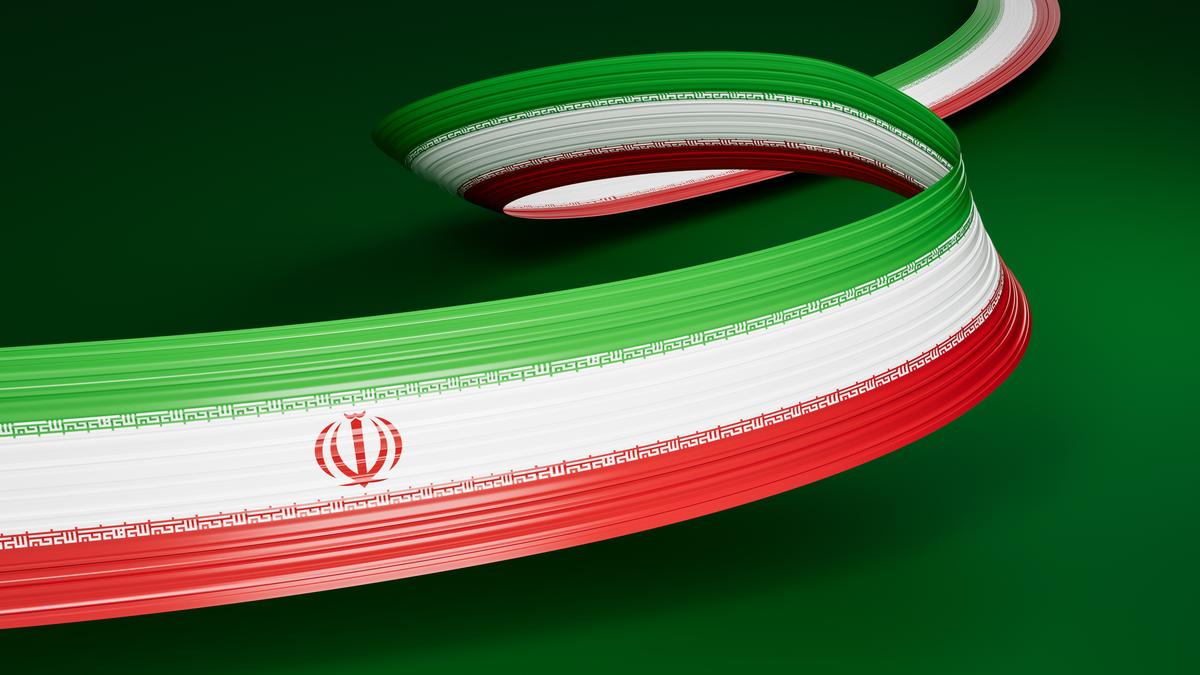India and Iran: Ancient Civilisations and the Shaping of a Multipolar World

- 15 Sep 2025
In News:
The contemporary global order is in the midst of a profound transition. For decades, the international system was dominated by a Western-led order, particularly the United States, which wielded disproportionate influence through control over global finance, technology, media, and international institutions. However, this model now faces a crisis. Blatant violations of international law, unilateral military interventions, trade wars, disregard for multilateralism, and environmental degradation have eroded the credibility of Western dominance.
Rise of the Global South and Civilisational States
Amidst this flux, the Global South—comprising countries across Asia, Africa, and Latin America—has emerged as a collective force asserting strategic autonomy, indigenous development models, and self-reliance in science, technology, and security. Within this, ancient civilisational states like India and Iran occupy a unique position. With their histories of resilience, cultural depth, and governance wisdom, both countries embody values of peace, spirituality, respect for diversity, and sovereignty.
Despite repeated invasions, both civilisations absorbed and reshaped external powers through philosophy, art, and administration. In modern times too, India’s anti-colonial struggle and leadership of the Non-Aligned Movement, and Iran’s oil nationalisation in the 1950s and Islamic Revolution of 1979, underscore their quest for independence.
Contemporary Strategic Convergence
Today, both India and Iran face external pressures but continue to safeguard strategic autonomy. India pursues a balanced foreign policy amidst U.S.-China rivalry, while Iran has withstood sanctions and “economic terrorism” without compromising sovereignty. Their convergence is reflected in:
- Energy and Connectivity: The International North-South Transport Corridor (INSTC) and Chabahar Port enhance Eurasian and Indian Ocean linkages.
- Maritime Security: Cooperation in West Asia underlines their shared interest in regional stability.
- Civilisational Diplomacy: Both uphold dialogue, pluralism, and respect for sovereignty as guiding principles.
Palestine: A Symbol of Global South’s Resistance
The Palestinian struggle epitomises the Global South’s broader resistance to domination and double standards in international law. For India and Iran, support for Palestine reflects their commitment to justice, sovereignty, and peaceful conflict resolution.
Towards a Multipolar World Order
The emerging order is increasingly multipolar, with power distributed across diverse actors like India, China, Brazil, and regional middle powers. This shift emphasises equality, mutual respect, and sovereignty rather than unilateral dominance. India and Iran, by combining civilisational heritage with modern strategic partnerships, can shape this transformation in key ways:
- South-South Cooperation: Deepening BRICS, SCO, and NAM as platforms for financial and technological alternatives.
- Reforming Multilateralism: Advocating UN Security Council reform and inclusive global governance.
- Strategic Autonomy: Maintaining independence while deepening Eurasian, African, and Indo-Pacific linkages.
- Civilisational Values: Promoting peace, sustainability, diversity, and human dignity as anchors of a fairer order.
Conclusion
The erosion of Western hegemony presents both challenges and opportunities. India and Iran, rooted in civilisational resilience and guided by strategic independence, are well placed to contribute to the evolution of a just multipolar order. By advancing cooperative frameworks in connectivity, energy, and regional security, and by upholding values of sovereignty and inclusivity, the two nations can not only strengthen their bilateral partnership but also offer the Global South a vision of shared prosperity, dignity, and stability.
